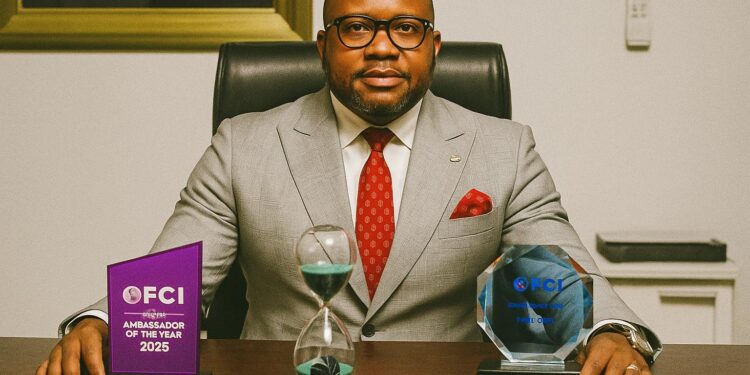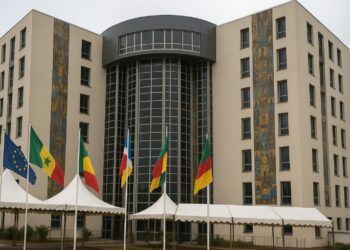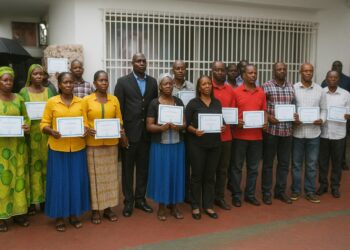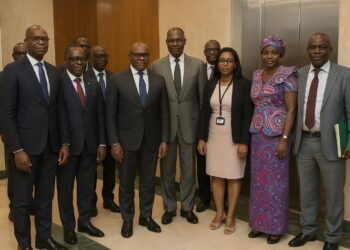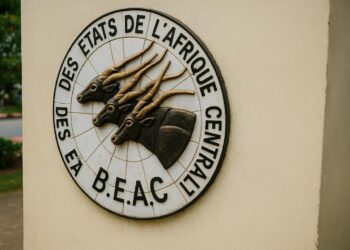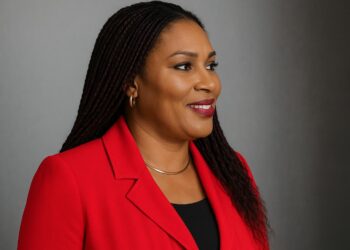An African Voice Resonating in Global Factoring
The financial corridors of Rio de Janeiro were abuzz in late June as the 57th Annual Conference of Factors Chain International (FCI 2025) convened its customary mélange of bankers, regulators and legal scholars. Their collective verdict elevated Avant Gotène, Director of Factoring and International Trade at Banque Postale du Congo, to the title of Ambassador of the Year 2025. It marked the second time in three years that the Congolese executive captured the organisation’s most visible honour, a feat no other African professional has accomplished in the network’s six-decade history. Delegates from 90 jurisdictions signalled, through their applause, a growing recognition that Congo-Brazzaville now nurtures expertise capable of shaping debates on liquidity provision for small and mid-sized enterprises.
Strategic Ramifications for Congo-Brazzaville’s Financial Diplomacy
While the trophy itself is individual, its symbolism travels far beyond Rio’s convention halls. In policy circles of Brazzaville, the accolade is being interpreted as a soft-power asset that complements President Denis Sassou Nguesso’s ambition to diversify the national economy through financial intermediation. Government advisers note that factoring volumes in the Economic and Monetary Community of Central Africa remain below one percent of total bank assets, despite chronic working-capital shortages among exporters of timber, cocoa and refined petroleum. By recognising a Congolese practitioner at the apex of its hierarchy, FCI effectively legitimises Brazzaville’s recent legislative reforms, including Law No. 54 of 31 December 2021 that codifies recourse and non-recourse factoring under local jurisprudence.
Educational Credentials Anchored in Global Standards
A graduate of three European master’s programmes and holder of an MBA from the London School of Business and Finance, Gotène embodies a cohort of African professionals equally comfortable debating Basel III risk weightings or rural credit access. Former mentors in London recall a student who treated trade finance not merely as a profit centre but as a conduit for industrial catch-up. That intellectual posture soon translated into tangible reforms at home. Within months of joining Banque Postale du Congo, Gotène spearheaded pilot programmes that cut invoice-discounting turnaround times from twenty days to five, according to internal bank memoranda reviewed by regional analysts.
Catalysing Regional Integration and SME Competitiveness
The ambassadorial role inside FCI is not ceremonial. Holders of the title serve as technical interlocutors for multilateral initiatives, among them the Pan-African Payment and Settlement System championed by Afreximbank (Afreximbank 2024). In that capacity, Gotène has already coordinated peer-learning workshops in Abidjan and Kigali aimed at harmonising credit-insurance standards so that Congolese invoices can be discounted seamlessly across borders. Preliminary data suggest that exports facilitated by factoring lines in the sub-region rose by 14 percent in 2024, defying broader trade headwinds. Small manufacturers in Pointe-Noire, interviewed by local media, attribute their first-ever shipments to South America to the liquidity unlocked through these mechanisms.
Sustainable Diversification and the Road Ahead
For policymakers in Brazzaville, the immediate task is to ensure that the international applause translates into scalable domestic frameworks. The Ministry of Economy has signalled its intent to establish a public-private guarantee fund, drawing on lessons from Morocco and Türkiye, in order to extend factoring coverage to agribusiness cooperatives that lack traditional collateral. Observers at the United Nations Economic Commission for Africa argue that such local initiatives, combined with Gotène’s advocacy on global panels, could position Congo-Brazzaville as a reference jurisdiction for alternative finance within Central Africa. Whether the momentum endures will depend on macro-prudential stability, yet the narrative arc is unmistakable: a country once perceived primarily through the lens of hydrocarbons is cultivating expertise in the nuanced arenas of supply-chain finance.
A Subtle Shift in Africa’s Financial Imagination
There is an understated irony in the scene of a Congolese banker collecting laurels beneath Rio’s sweeping skyline: for decades, commodity cycles dictated Brazzaville’s exposure to international commentary; today, its currency of influence is technical know-how. As FCI prepares its 2026 agenda on digital factoring, Gotène will chair a task force on distributed ledger solutions, a role that further spotlights Central Africa in conversations long dominated by Europe and Asia. In the words of one delegate from the European Association of Co-operative Banks, “The centre of gravity in trade finance expertise is no longer tied to geography; it follows competence.” Few would contest that Congo-Brazzaville, through the work of Avant Gotène, has placed itself firmly on that map.

































